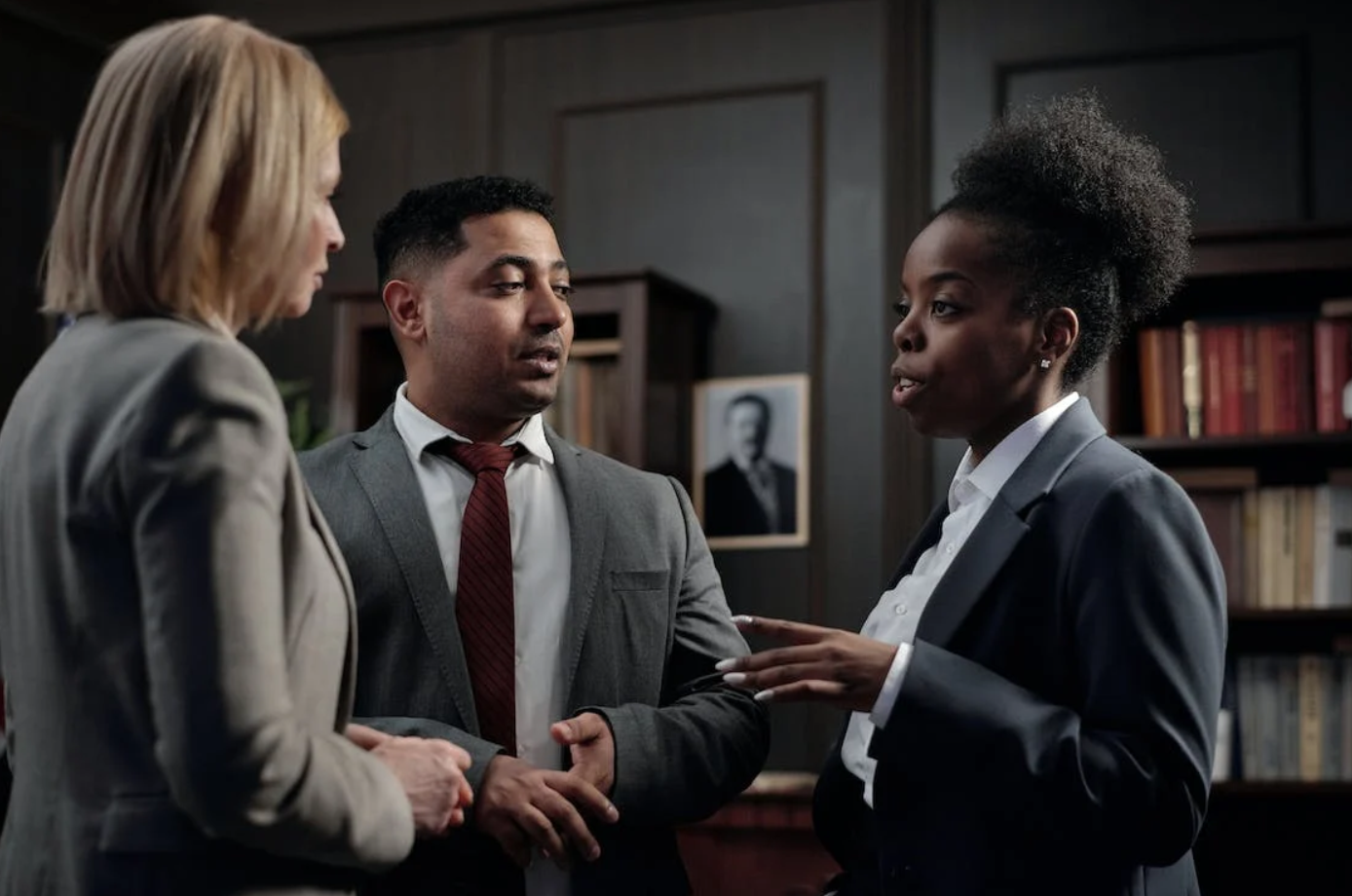Gaining substantial trial experience early in one’s legal career is essential for developing into a skilled and confident trial attorney.
Gaining trial experience early in one’s legal career is crucial for developing the skills and confidence necessary for success in the courtroom. The ability to effectively argue cases and understand courtroom dynamics, navigate the intricacies of trial procedures and ever-evolving law, and establish a highly regarded reputation among the judiciary and adversaries sets the foundation for a lawyer’s professional growth and success.
However, for many young attorneys, acquiring substantial trial experience can be challenging. At Cole, Scott & Kissane P.A. (CSK), we believe there is no substitute for in-person pre-trial and trial experience and surrounding yourself with industry-leading trial attorneys.
At our law firm, we have our young attorneys hit the ground running and immediately provide them with courtroom experience so they never feel unprepared. By fostering an environment that emphasizes hands-on experience and mentorship, law firms can play a pivotal role in shaping the next generation of successful trial lawyers.
Strategies for young lawyers to gain trial experience
For young lawyers, gaining pre-trial experience early in hearings and depositions is essential for developing the skills needed to excel in the courtroom. One effective strategy is shadowing experienced attorneys, which provides invaluable insights into courtroom tactics, case management, client interactions, and the development of one’s own strategic approach to litigation and posturing.
At CSK, we encourage junior attorneys to go beyond observing senior lawyers to lead mediations and second-chair trials, allowing them to try first-hand their own strategic approach to complex cases and legal issues. Through additional oversight of young associates and involvement in our mentorship program, among other things, a junior attorney can obtain early partnership promotion and grow client relationships directly.
Participating in mock trials and simulations is another key strategy that helps young lawyers practice and refine their trial techniques in a low-risk environment. We regularly conduct internal training programs that include simulated trial exercises, providing a safe space for junior lawyers to hone their skills. Furthermore, involving young lawyers in all stages of trial preparation — from discovery to depositions to courtroom strategy — is vital.
With a supportive and collaborative environment, firms can provide young lawyers with plenty of hands-on experience to ensure they succeed and provide the best service possible to clients. It is important for a law firm to create opportunities for hard-working attorneys to grow, but we must be mindful that, in the end, the legal field is a client service business. Quality service is a necessary means to one’s future success.
The importance of mentorship in developing trial skills
Formal mentorship programs offer structured guidance, allowing associate attorneys to learn directly from experienced practitioners. Our centralized mentorship program pairs young lawyers with seasoned trial attorneys outside their work group, providing them with invaluable insights separate from their supervising partner and fostering professional growth. This formal structure ensures that mentees receive consistent support and feedback, as well as a different point of view or practice, which is essential for honing their trial skills.
Informal mentorship and networking also contribute significantly to skill development. Building relationships with experienced colleagues in a collaborative environment allows young lawyers to seek advice and share experiences, creating an informal yet impactful learning network. This supportive culture encourages continuous improvement and professional bonding.

Receiving and implementing feedback is another crucial aspect of mentorship, as constructive feedback from mentors helps young lawyers understand their strengths and areas for improvement. Feedback culture is integral to our training approach, ensuring that associate attorneys continuously refine their skills based on real-world trial experiences.
Mentorship — both formal and informal — is essential in shaping the trial capabilities of young lawyers. By providing structured guidance, fostering supportive relationships, and emphasizing feedback, law firms play a pivotal role in the professional development of their associate attorneys.
Common challenges and how to overcome them
In their early years of trial practice, young lawyers often face several common challenges. One significant challenge is building confidence in the courtroom.
Overcoming nerves and gaining a commanding presence can be daunting, but this is precisely why mentorship and supervised in-person trial experience are a focus of CSK as essential for young attorneys. Repetition and constant exposure help build confidence and enhance legal knowledge.
Another challenge is balancing workload and trial preparation. Managing time effectively to handle multiple cases and extensive trial preparation requires strong organizational skills. We must not forget this is a client service business as well, such that it is imperative to manage client expectations, reporting, and involvement.
Understanding courtroom dynamics is also a hurdle, as navigating the complexities of courtroom procedures, etiquette, and strategy demands practical knowledge and experience. It also may be different in some respects before each judge. To address this, training sessions focused on courtroom conduct are vital, allowing associate attorneys to familiarize themselves with the intricacies of trial work in a supportive environment.
Gaining substantial trial experience early in one’s legal career is essential for developing into a skilled and confident trial attorney. While the path to acquiring this experience can be challenging for many young lawyers, law firms play a crucial role in providing the necessary support and opportunities, and it is critical that an associate find a firm that understands the same. It will result in shaping premier trial attorneys, promote longevity at a firm, and ensure the continued excellence of the legal profession and the effective representation of clients in courtrooms across the nation.


Join the conversation!